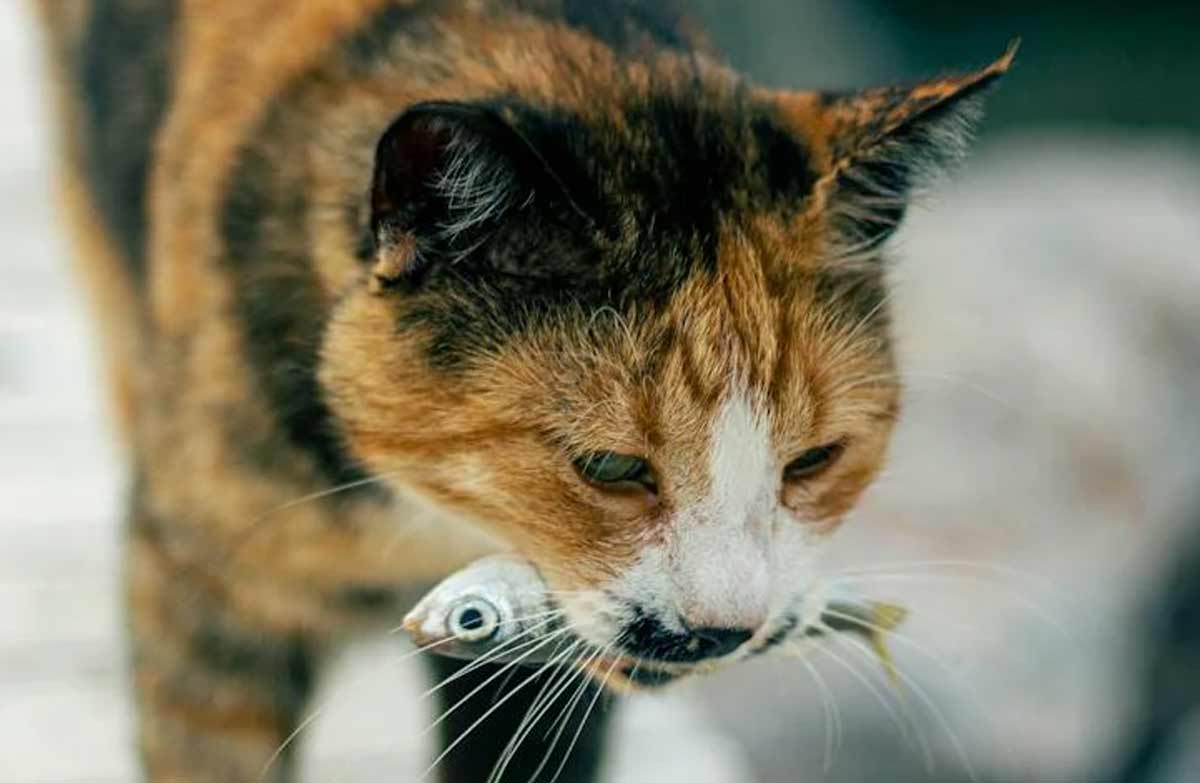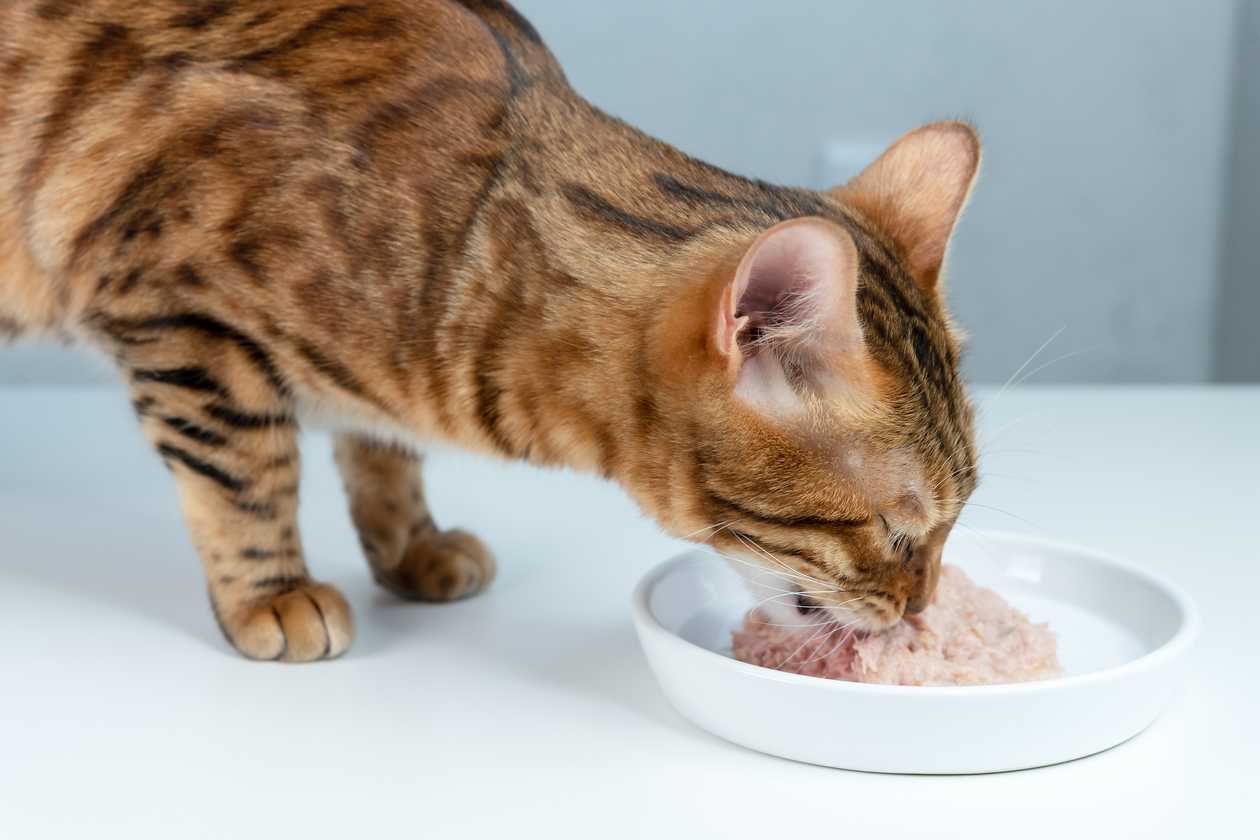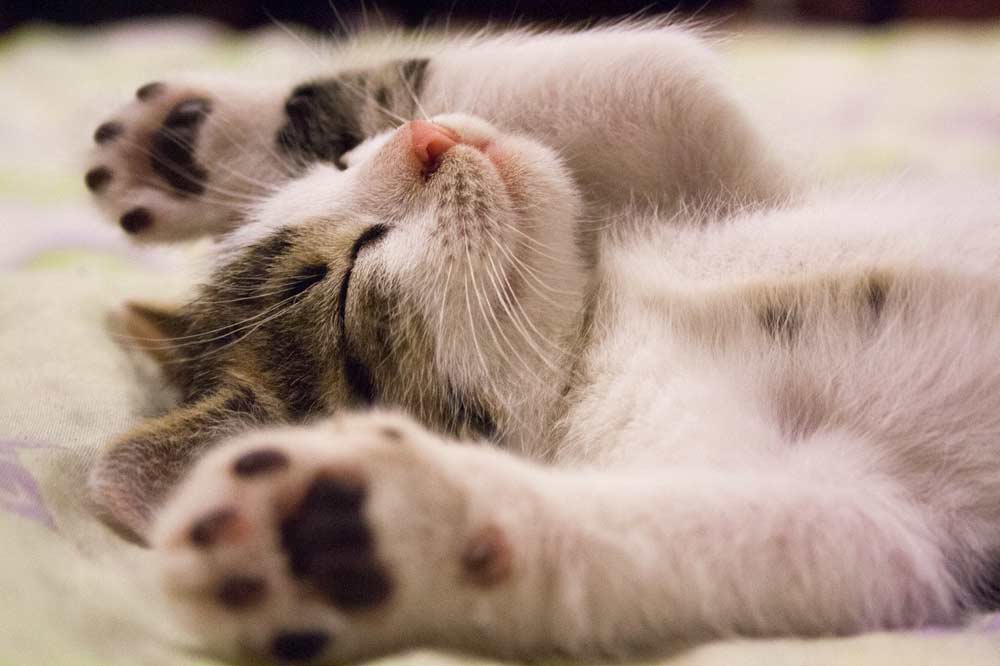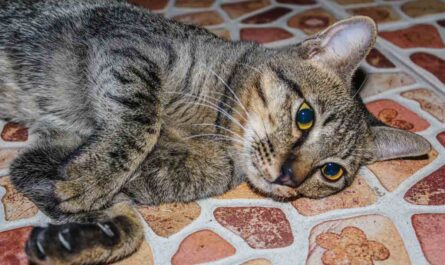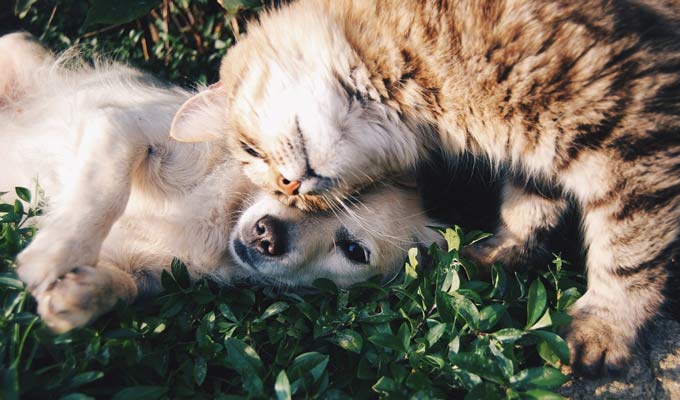High-Protein Diet for Cat? Have you ever witnessed your feline friend transform from a sleepy cuddle monster into a whirlwind of playful energy? Perhaps you recently switched your cat’s food, and now they’re leaping across furniture and chasing imaginary butterflies with renewed vigor. This energetic leap could be due to the power of protein!
In this article, we’ll delve into the fascinating world of feline nutrition and explore the many benefits of a high-protein diet for your furry companion. We’ll address common concerns about protein intake and shed light on the science behind this essential nutrient. So, buckle up and get ready to discover how protein can unlock a purr-fectly energetic and healthy life for your cat!
Understanding Feline Physiology: Obligate Carnivores & Protein Power
Cats are descended from wild hunters, and their digestive systems haven’t forgotten their ancestral roots. Unlike omnivores like humans who can get nutrients from both plants and animals, cats are obligate carnivores. Their bodies are specifically adapted to process and utilize protein from animal sources.
Think of protein as the building blocks for your cat’s amazing body. It’s used to build and maintain strong muscles, which are essential for those impressive leaps and playful pounces. But protein doesn’t stop there! It’s also broken down by their bodies to produce energy, keeping them fueled for zoomies and exploration. In short, protein plays a vital role in almost every bodily function, from maintaining a healthy coat and skin to supporting the immune system.
However, not all protein sources are created equal. Just like humans benefit from a balanced and varied diet, cats need protein that provides a complete set of essential amino acids. These amino acids are like tiny puzzle pieces that their bodies can’t manufacture on their own, but they’re crucial for optimal health. Animal-based protein sources, like meat, poultry, and fish, are naturally rich in these complete amino acids, making them the best choice for your feline friend.
Other Interesting Articles
- How to Make Your Cat Really Happy: 29 Tips You May Try
- How to Train Your Cat to Stop Urine Marking? 12 Tips
- How Do Cats Communicate Each Other? 11 Body Language
- 24 Ways To Know If You Have An Extremely Happy Cat
- What Smells Do Cats Hate: 34 Scents You Must Avoid
- Everything You Need To Know About Cat Territory Marking
- 12 Reasons Why You Should Adopt A Second Cat
- 12 Reasons Cats Pee Outside the Litter Box: How To Solve
- 14 Reasons Why Cats Overgroom: Surefire Ways To Stop It
- Why is My Cat So Clingy? 13 Common Signs: 9 Caring Tips
- Is Your Cat Bored? 12 Common Signs: What You Can Do
- Stress in Cats: Causes, Symptoms, Remedies, Treatment
- 17 Common Signs Your Cat is Lonely: 10 Tips To Help Recover
- 14 Reasons My Cat is Acting Strange & Scared: What to Do?
- How Do Cats Hunt Their Prey, Mice, Bird, Fish, Rat For Food?
- How To Introduce A New Kitten To An Older Cat: 16 Tips
- 15 Reasons Why Do Cats Lick and Groom Each Other
- Domesticated Cats And Big Cats: 24 Similarities, Differences
- 21 Interesting Facts You Should Know About Feral Cats
- How to Socialize a Feral Kitten in 10 Simple Steps
